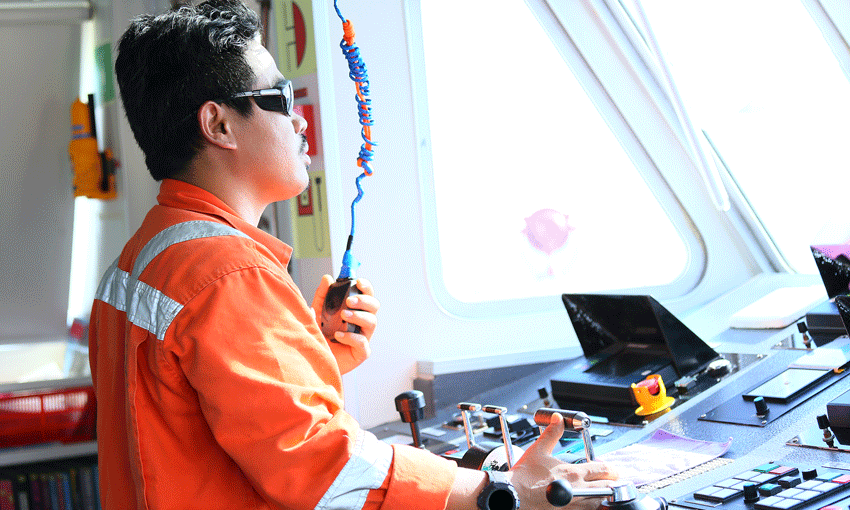THE SINGAPORE Maritime Foundation, Pacific International Lines and Pacific Carriers have launched a guidebook that aims to attract more talent to the shipping industry.
The Maritime Workforce Transformation Guidebook is intended as a tool to help maritime companies redesign jobs and improve the attractiveness of some positions.
It builds off key findings and recommendations of a job redesign pilot conducted last year, which focused on the roles of technical superintendent and vessel operator.
SMF had appointed EY to apply their job redesign methodology to “refresh the value propositions” of the two technical roles, plan interventions across career development and enhance work processes.
The outcomes of the process informed the development of the guidebook.
SMF executive director Tan Beng Tee said the pilot had been a fruitful collaboration between the companies.
“By developing pathways to enhance and elevate the jobs of the technical superintendent and the vessel operator, we demonstrated the potential and possibilities of job redesign as a methodology to transform the maritime workforce,” she said.
“Going forward, we hope to identify more roles for job redesign.”
Pacific Carriers CEO and managing director Hor Weng Yew believes the pilot sharpened employees’ aspirations and “crystalised” areas for reskilling and upskilling.
“We also gained clarity on the pathways to evolve the two roles – technical superintendents and vessel operators – to be stronger value generators to the business,” he said.
“We hope the industry will come together to examine more roles for transformation.”
And PIL CEO Lars Kastrup thanked SMF for spearheading the pilot and inviting PIL as a partner.
“We are confident the guidebook will be useful for maritime companies in Singapore,” he said.
“For us at PIL, through this pilot, we have garnered valuable insights in conducting job redesigns for our technical superintendents, who are now known as our vessel managers.
“The job redesign has certainly helped to transform the traditional scope of a technical superintendent into a more comprehensive and meaningful role as a vessel manager.
“We hope that this will make ship management an attractive and interesting career option.”

